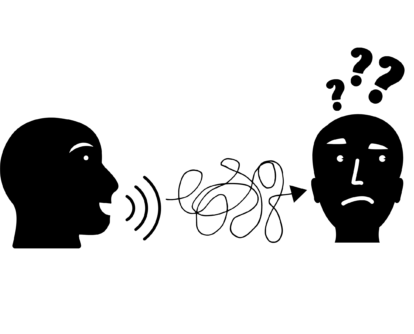Why Us?
“We view autism as an alternate ability characterized by unique skills and ways of looking at life.”
Holly Burdick, Founder, Autism Solutions Group

We seek to turn percieved deficits into assets—
High intellectual capabilities
High intellectual capabilities

The ability to see things as
they might be

Abilities to think outside the box
Abilities to think outside the box

We call this the Asset Mindset where It becomes an asset to “think outside the box,” and indeed sometimes is the way outside the box. With each client we seek to discover and focus upon the unique characteristics of the individual that will enhance their life. We look to find ways to connect this talent with real-world needs.
This asset mindset allows never before ideas and processes to occur and come to fruition through a highly creative process unconcerned with what the outside world thought or said couldn't be done

Accepting our clients just as they are is key to gaining their trust.

This disregard for individual needs resulted in parents and teachers unwittingly punishing “autistic” behavior without considering the actual experience of the child. Today we cannot imagine punishing a child for not learning to walk. But our clients often report stories of adults shaming them due to their inability to toilet train “on-time” or ride a bicycle, for example.
We use several techniques to acknowledge and try to heal from traumas of the past in our work. We are happy when we can work with therapists, physicians, physical therapists and other clinicians who work with trauma with our clients.

Listening deeply with a MicroView™ Process

"Imagine a career when one’s unique skills are valued and appreciated —where quirky ideas might become money-making advantages."
-Holly Burdick
